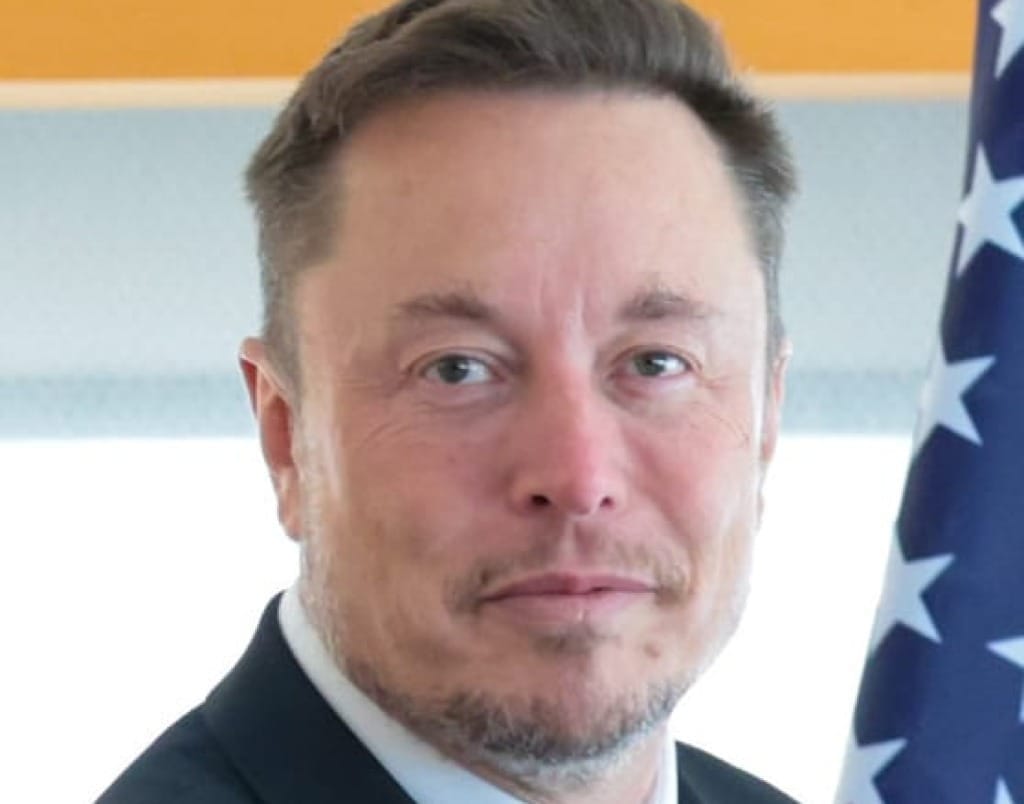Elon Musk’s New Foes at the FCC: AT&T and Verizon
SpaceX requested to relax regulations around power transmission outside of allocated frequency bands.
Teralyn Whipple

WASHINGTON, Aug 14, 2024 – Elon Musk has powerful new foes at the Federal Communications Commission: AT&T and Verizon.
On Monday, AT&T and Verizon called on the FCC to reject a SpaceX waiver request sought as part of a plan with T-Mobile to establish satellite-enabled cell phone service in U.S. dead zones with no wireless networks.
AT&T and Verizon cited harmful interference resulting from SpaceX operating at excessively high power levels.
Meanwhile, Starlink and T-Mobile on August 8 met with a dozen officials in the Space Bureau and the Wireless Telecommunications Bureau to seek support for the waiver while referring to harmful interference claims as a case of "moving the goalposts" and "last-minute attempts to block a more advanced supplemental coverage partnership and siphon sensitive information to aid their own competing efforts."
SpaceX and T-Mobile said they were close to launching commercial service, noting that SpaceX had so far deployed more than 100 direct-to-cellular capable satellites in space.
"The FCC must not allow competitive gamesmanship to stand in the way of lifesaving service for American consumers," SpaceX and T-Mobile said.
The FCC calls the SpaceX, T-Mobile venture supplemental coverage from space (SCS) and is a feature of FCC Chairwoman Jessica Rosenworcel's Single Network Future that harnesses the power of satellites to fill wireless coverage gaps.
AT&T said SpaceX's waiver "would cause harmful interference to AT&T’s licensed terrestrial mobile operations. For that fundamental reason, the FCC must deny the waiver request."
AT&T said SpaceX's waiver would permit satellite operations at unacceptably high power levels, causing "18 percent average reduction in network downlink throughput to AT&T’s licensed operations in the market studied."
Verizon's filing expressed the same reservations.
SpaceX, a privately held rocket company controlled by Elon Musk, has deployed more than 6,000 low earth orbit Starlink satellites into space to provide high-speed internet service globally. With 5,200 operational satellites, Starlink provides service to 2.7 million subscribers in 100 countries, the company said in June.
"Primary terrestrial licenses and networks must be protected from SCS interference, and operations under SpaceX’s waiver request would fail to do so," AT&T said.








Member discussion